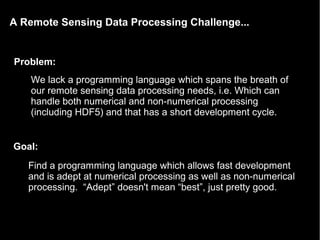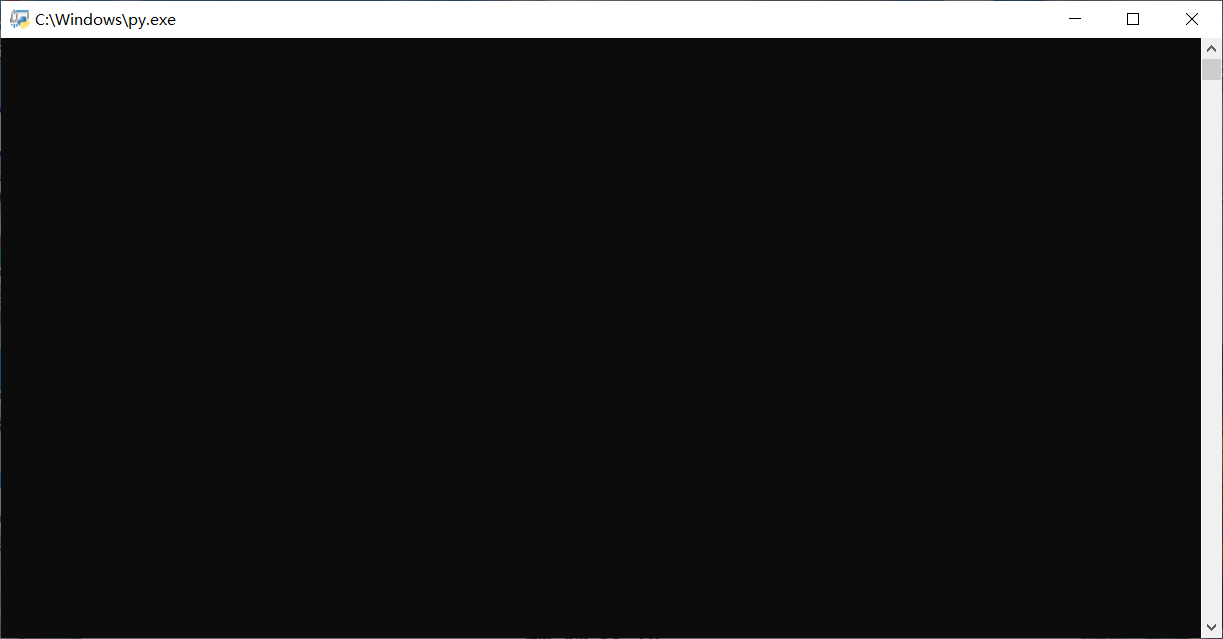

- Python ffmpeg and h5 update#
- Python ffmpeg and h5 software#
- Python ffmpeg and h5 download#
- Python ffmpeg and h5 windows#
For example, you can iterate over datasets in a file, or check out the. H5py uses straightforward NumPy and Python metaphors, like dictionary and NumPy array syntax. Thousands of datasets can be stored in a single file, categorized and tagged however you want. For example, you can slice into multi-terabyte datasets stored on disk, as if they were real NumPy arrays. It lets you store huge amounts of numerical data, and easily manipulate that data from NumPy. PyFFmpeg is maintained by Martin Haller (mhaller).The h5py package is a Pythonic interface to the HDF5 binary data format. Please report an issue if you found an error or if you would like to contribute an improvement or extensions for PyFFmpeg. Currently, the project is maintained by Martin Haller ( some more contributors and if we get permission to name them here, we will do it. The project has a user questions and a development discussions mailing lists.īertrand Nouvel founded the project in 2007. Here's a simple example that extracts the first frame from a video file and saves it in. However, PyMEDIA is now based on and old version of FFmpeg, and probably also need some minor rewrites. While there were several Python libraries that offer to play video files most of them did not provide any API to extract individual frames, and this is the reason PyFFmpeg was created.Ī more complex wrapper around FFmpeg has been implemented within PyMedia. PyFFmpeg has stayed in minimal status where it could be used to extract individual frames from video files and create PIL image objects from them. However, the dependency of PyFFmpeg on NumPy is optional, so that PyFFmpeg can be used only with PIL for easy access to frames of a video track in RGB without audio decoding. NumPy as the scientific computing package for Python is required for audio and video decoding with PyFFmpeg. PyFFmpeg supports Python Imaging Library (PIL), but functionality is limited to RGB color space for frames and audio decoding is not possible while PIL support is activated. Other examples can be found in the example directory of the package. # define a function to be called back each time a frame is read.ĭisplay(f) # you have to write your display function
Python ffmpeg and h5 download#
Download PyFFmpeg 2.1 (DEPRECATED LINK)Įxample for PyFFmpeg 2.1 from pyffmpeg import FFMpegReader

It also supports reading from Internet streams. Now, PyFFmpeg can work with NumPy, Python Imaging Library (PIL), and Cairo. We have recently performed a complete rewrite of PyFFmpeg. Support for FFmpeg version git-35d7d6f (Mar 2011) is provided by the PyFFmpeg 2.2 alpha development version. See COPYING file as part of each release and the repository. PyFFmpeg is a wrapper around FFmpeg's libavcodec, libavformat and libavutil libraries whose main purpose is to provide access to individual frames of video files of various formats and codecs (such as mpg, mp4, mov, avi, flv, mkv, wmf, and webm). PyFFmpeg provides a simple object oriented interface to those libraries. The libavcodec and libavformat libraries of the FFmpeg project are quite complex to use, especially from Python.
Python ffmpeg and h5 windows#
Using FFmpeg and libavcodec you can develop applications that can parse and display video files and be sure they will work on most platform, including of course Linux, Macintosh, and Windows boxes. And thus it does not depend on your operating system installed libraries. This library generally uses its own codec. It includes libavcodec, a leading audio/video codec library that can work with most video and audio formats.
Python ffmpeg and h5 software#
DescriptionįFmpeg is a software package containing libraries and utilities for encoding, decoding and converting audio and video files. There is no exact equivalent of pyffmpeg existing, but we do recommend that you have a look at projects like OpenCV and Media Lovin Toolkit - as they are generally able to similar features.
Python ffmpeg and h5 update#
We need some time to update this project for the most recent FFmpeg version. Due to major changes in the API, it won't compile currently with modern versions of FFmpeg.

This software has been unmaintained for a long time. tar.gz News We moved the project completely to /mhaller/pyffmpeg since will close its project hosting in the begin of 2016.įurther on, we're working again on an update for this wrapper. Py FFmpeg Python FFmpeg wrapper View on GitHub Download.


 0 kommentar(er)
0 kommentar(er)
